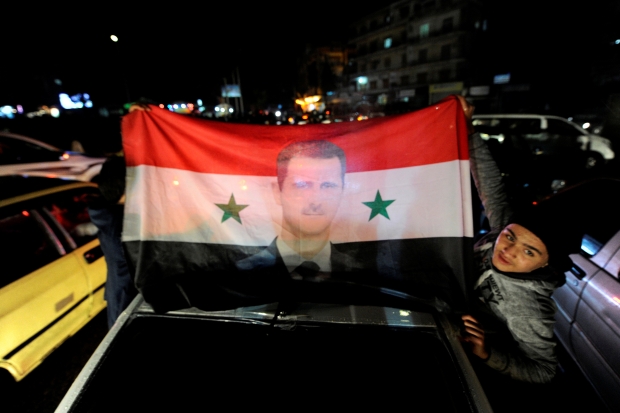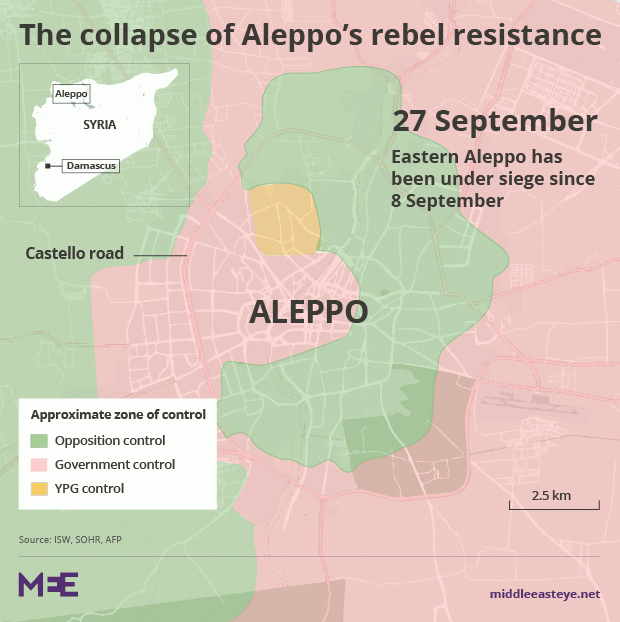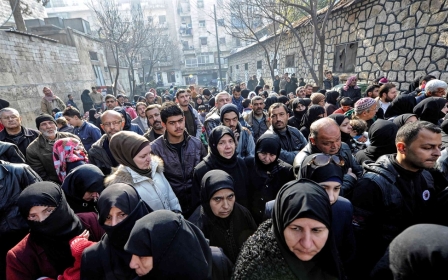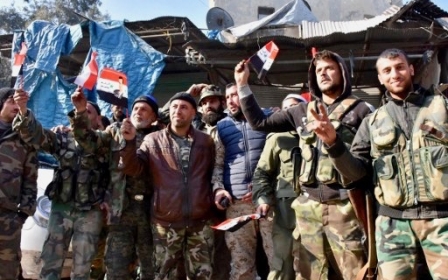'Meltdown of humanity': UN sounds alarm over civilian killings in Aleppo
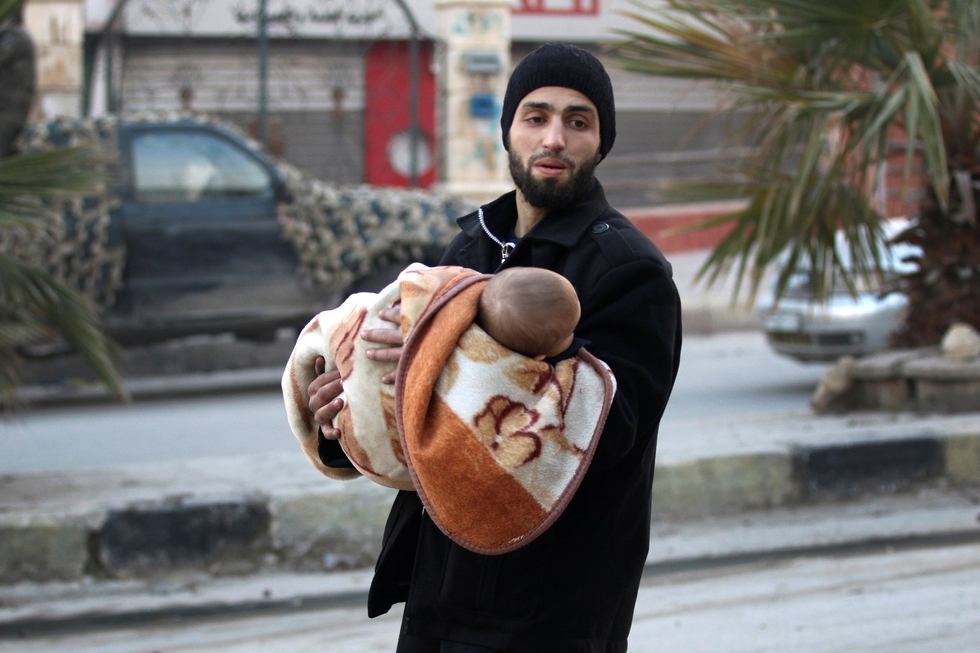
The United Nations said on Tuesday it had reports of Syrian government troops and allied militia fighters killing civilians in eastern Aleppo, including 82 people in four different neighbourhoods in the last few days.
Rupert Colville, spokesman of the UN human rights office, said thousands of civilians remained trapped in a "hellish corner" of less than a square kilometre still held by opposition rebel fighters following a weeks-long assault by pro-government forces.
LIVE: Fall of Aleppo
"In all as of yesterday (Monday) evening we have received reports of pro-government forces killing least 82 civilians, including 11 women and 13 children, in four different neighbourhoods," Colville told a news briefing, adding that there could be "many more".
"The reports we had are of people being shot in the street trying to flee and shot in their homes."
Jens Laerke, UN humanitarian spokesman, said it looked like "a complete meltdown of humanity in Aleppo".
Pro-government forces have consolidated their gains in Aleppo after seizing numerous districts from local rebels and appear poised to capture all of Syria's largest city, a Syrian military source said on Tuesday.
On Monday rebel defences collapsed, leading to a broad army advance across more than half of the remaining rebel pocket in Aleppo and a retreat of opposition fighters to a few districts on the west bank of the city's river.
Recapturing the entire rebel-held area of Aleppo will constitute the biggest battlefield victory yet for Syrian President Bashar al-Assad, who has been bolstered by support from Russia, Iran and allied militias during the country's more than five-year war.
For rebels, it will mark a sobering loss and leave them without a significant presence in any of Syria's main cities. They still hold much of the countryside west of Aleppo and the province of Idlib, also in northwest Syria.
After days of intense bombardment of rebel-held areas, the rate of shelling and air strikes dropped considerably late on Monday and through the night, a Reuters reporter in the city said.
The military official said the rebels were fleeing "in a state of panic", but a Turkey-based official with the Jabha Shamiya rebel group in Aleppo said late on Monday that they had established a new frontline along the river.
Celebrations on the government side of the divided city lasted into Monday night, with the Reuters reporter there describing the bullets coming "like rainfall" as fighters shot into the air in triumph.
Some of those trapped in rebel territory posted what they described as "final messages" pleading for the world to rescue them from the assault.
Bilal Abdul Kareem, a US journalist who has been trapped in eastern Aleppo since rebel territory there was surrounded, told MEE that the situation was as bad as it could be and communications could be lost at any moment.
The International Committee of the Red Cross issued a plea in an emailed statement early on Monday for all sides to spare civilian life.
The UN Secretary General Ban Ki-moon was alarmed by unverified reports of atrocities in the wake of the army's advance, his spokesman said late on Monday.
"As the battle reaches new peaks and the area is plunged into chaos, thousands with no part in the violence have literally nowhere safe to run," the ICRC statement said.
Middle East Eye propose une couverture et une analyse indépendantes et incomparables du Moyen-Orient, de l’Afrique du Nord et d’autres régions du monde. Pour en savoir plus sur la reprise de ce contenu et les frais qui s’appliquent, veuillez remplir ce formulaire [en anglais]. Pour en savoir plus sur MEE, cliquez ici [en anglais].


